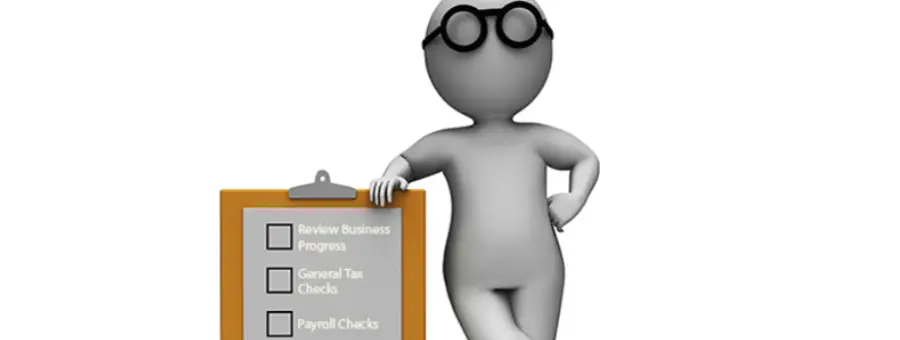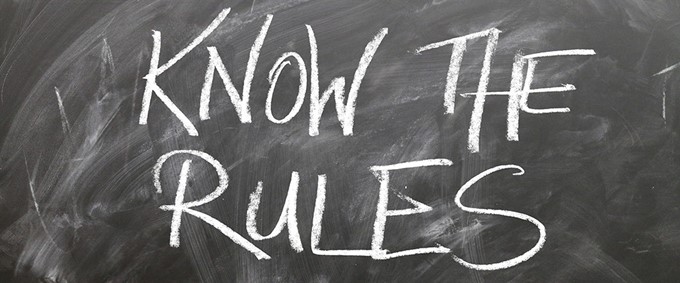
If you own a business or you’re in a key role or trying to get ahead in your career, you are highly likely to be moving at a fast pace. The message in this article is simple … you need to regularly slow down!
We all hear of new, better and different ways to do things … via the social media, conferences, internal meetings, training sessions, our networks, the media in general and from what we think up ourselves. It is of course necessary for that to happen to be successful. But, if you don’t regularly slow down you will lose the ability to go fast.
First, by always being fast paced, you can lose perspective (on life). Reflection, relaxation, introspection are all important aspects of feeling good, running our lives in ways that are meaningful and representing a good example to others.
Second, going fast all of the time can drain people around you. Not only will they struggle to keep up, but they may develop ways to cope with you rather than being positively influenced by you.
Third, ongoing fast pace can have a (significantly) detrimental impact on your family (life). Not being there enough and/or not being present when you are there are sure fire ways to run down family relationships.
Fourth, it can drain your mental and emotional energy. No one is built to go on and on, without regeneration. It’s no different to physical energy; it has to be replenished by genuine rest and recovery.
Fifth, it can negatively impact your health. Yes, adrenaline rushes, nervous energy and excitement are good … but not all of the time. Our bodies and minds need balance. See below.
From the Daily Mail, Australia: “The findings of a survey of nearly 550 adults aged 25 and over highlights the extent to which people are struggling to juggle work commitments with the demands of family and keeping up with friends. The report, called Life in The Fast Lane … found 60% would secretly like to do nothing at the weekend, their spare time is actually filled with shopping, family, household chores or catching up with friends … 20% take work home to finish over the weekend … 61% spend only between 15 and 30 minutes eating their evening meal … almost 80% admitted to excessive alcohol consumption … 75% put the phone down rather than wait on hold … 58% use their cars for short journeys rather than walk … almost 60% felt they were ‘missing out’ on something but did not know what”. It’s the last bit that surely is such a concern … feeling we are missing out on something but not knowing what! Time to slow down and fix that!
Studies of (faster) urban living point to things like higher blood pressure, anxiety and even depression. “Time poverty is now a recognized psychological and social stressor”.
But whether studies can prove there are ill effects of fast paced living or not, surely our common sense tells us that it can’t be good.
Sixth, going fast all of the time can lead to a poor dietary intake and eating that is too fast for our digestive systems.
Seventh, fast pace is often more about concentrating on getting things done rather than health and happiness … so that we can say “I got a lot done”.
Eighth, mistakes are more likely in an ongoing fast paced life. Decisions made without adequate thought, rushing, inadequate attention to detail, lack of follow through, even forgetfulness.
Ninth, accountability is more difficult to uphold if always going fast.
So what does ‘regularly slow down’ mean? Regularly means daily for at least half an hour, every three months for at least a week and yearly for at least three weeks. (If you think that runs you out of ‘days off’ it doesn’t … tack them onto long weekends to create extended periods). But it also means generally slowing down, not just at intervals … you don’t always have to move, work and communicate quickly. And slowing down should at times involve reflection, thinking about life and the opposite (not thinking about anything) … all of which heightens self awareness and awareness in general.
If you don’t regularly slow down, you are more likely to ignore the past, miss the present and get the future wrong, in terms of perspective you may want in your life.
Previous Newsletter Articles
Business Tips
HR Information
Contact Us
1300 022 270
enquiries@myabbs.com.au






